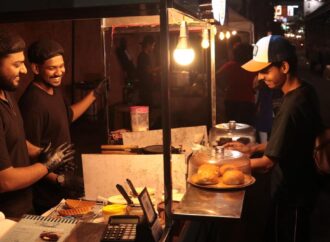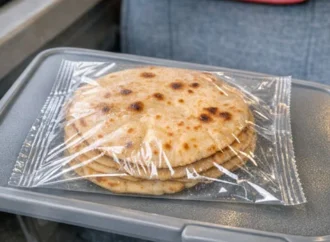Overview
Officials in Jabalpur, Madhya Pradesh, uncovered a major food safety breach when they busted a wheat adulteration racket. Investigators found that warehouse operators had mixed soil, stones, and other impurities with wheat and sold it to the government under the Minimum Support Price (MSP) scheme for the 2025–26 Rabi season. The racketeers stored this adulterated wheat at Maa Rewa Warehouse, packed it in official government-marked sacks, and disguised it as clean stock ready for procurement.
Officials Catch the Scam During Surprise Inspection
Acting on complaints from food officials, Junior Supply Officer Kunjan Singh Rajput led an inspection team to the procurement centre. What they found shocked them:
-
1,000 government-marked sacks and 270 plastic sacks filled with wheat
-
Nearly 100 quintals of bulk wheat
-
185 sacks containing wheat heavily contaminated with 70–75% soil and gravel
-
675 empty official sacks and 250 plastic sacks filled with non-edible material, hidden behind the warehouse
-
3 weighing scales, 2 bundles of red sewing thread, and tools for tampering and repackaging grain
The team also intercepted a vehicle carrying 230 plastic sacks of adulterated material. Upon questioning, Rohit Sahu, son of the vehicle’s owner, admitted that Nitesh Patel, the warehouse operator, hired the vehicle to transport soil-filled sacks from Lamtra village in Katni district for ₹4,500 per trip. Labourers received ₹7 per sack.
Contaminated Wheat Could Have Reached Millions
The adulterated wheat found in Jabalpur posed a serious threat to public health. If it had entered the food supply chain, it could have reached ration shops, school meal programs, and local markets, endangering countless consumers, especially children and vulnerable groups. Mixing soil, gravel, and inedible matter into a staple food like wheat is not just a case of fraud—it’s a clear food safety violation with the potential to cause foodborne illnesses and long-term health consequences.
This incident reveals a deep lapse in food safety enforcement. It’s not just about cheating the system; it’s about putting lives at risk. The government must respond with stricter checks at procurement centres, transparent storage operations, and regular audits to prevent such breaches. Consumers rely on the public distribution system for safe and nutritious food. Scandals like this damage that trust and reinforce the urgent need for stronger regulations, tighter monitoring, and tougher penalties for food adulteration.
Police Book Accused in Wheat Scam
Police booked warehouse operator Nitesh Patel, Sheela Kushwaha, and others for adulterating and diverting government wheat. The case is under investigation.
Source: The Times of India
 Food Manifest
Food Manifest 


















